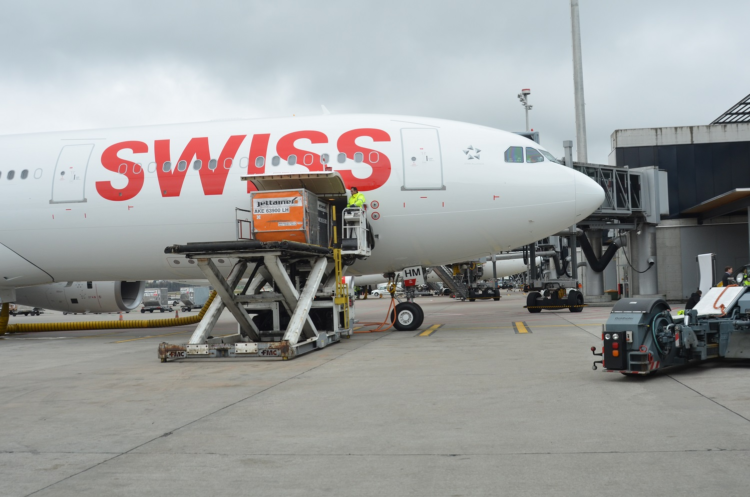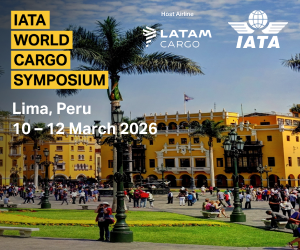As the aviation sector grapples with the urgency of climate change, one Swiss partnership is showing how cross-industry collaboration can accelerate the journey toward decarbonization. Belimo Automation AG, Swiss WorldCargo, and Lamprecht Transport have joined forces to reduce the carbon footprint of international air freight through the adoption of Sustainable Aviation Fuel (SAF) — a step that underscores both the challenges and opportunities in reshaping global logistics.
A Corporate Commitment Takes Flight
Belimo, a global leader in HVAC field devices, has made sustainability a cornerstone of its corporate strategy. Known for technologies that improve building efficiency, the company is now applying that same ethos to its global transportation footprint. By investing in SAF for its international shipments, Belimo expects to mitigate approximately 650 tons of CO₂e emissions in the first year alone. The initiative is not a one-off gesture — Belimo has signaled its intention to scale up SAF usage year by year, reinforcing its long-term vision of reducing emissions across the value chain.
“This investment in Sustainable Aviation Fuel is not just about reducing emissions — it’s about taking direct responsibility for our environmental impact,” said John Muncey, Head of Group Transportation at Belimo. “Working with trusted partners allows us to create meaningful change in how air cargo is moved worldwide.”
A Tri-Partnership for Progress
The collaboration with Lamprecht Transport and Swiss WorldCargo is what makes the initiative particularly compelling. Each partner plays a vital role:
- Lamprecht Transport coordinated the logistics chain, ensuring shipments were seamlessly managed and aligned with Belimo’s sustainability goals.
- Swiss WorldCargo integrated SAF into its cargo operations, providing certified fuel that delivers a measurable reduction in lifecycle emissions compared with traditional jet fuel.
The result is a best-practice example of what can be achieved when shippers, forwarders, and carriers align on climate goals.
“By working hand in hand with like-minded partners, we are taking tangible steps toward our shared ambition of more sustainable air logistics,” noted Gieri Hinnen, Head of Global Sales at Swiss WorldCargo.
Why SAF Matters
Sustainable Aviation Fuel is widely regarded as the most effective near-term solution for cutting aviation emissions. Produced from renewable feedstocks such as waste oils, agricultural residues, or non-fossil CO₂, SAF can reduce lifecycle greenhouse gas emissions by up to 80% compared to conventional jet fuel. Crucially, SAF is a “drop-in” fuel, requiring no modifications to existing aircraft or infrastructure.
Yet, challenges remain. Global SAF production is still less than 0.2% of total jet fuel demand, constrained by high costs and limited supply. According to the International Air Transport Association (IATA), the industry will need 450 billion liters of SAF annually by 2050 to meet its net-zero targets — a dramatic scale-up from today’s availability.
That is why early investments by corporate shippers like Belimo matter. By committing to SAF now, companies send a powerful demand signal to producers, policymakers, and the aviation sector at large, helping to build the economic case for increased production capacity.
Industry in Motion
Belimo is not alone in this effort. Across the logistics landscape, multinational shippers such as DHL, Kuehne+Nagel, and DB Schenker have launched SAF partnerships with leading airlines. These programs highlight a broader trend: sustainability in air cargo is increasingly being driven by customer demand. Shippers are not only asking for greener options but also willing to co-invest in solutions that reduce emissions.
Swiss WorldCargo has been among the early movers in this space, positioning itself as a partner of choice for customers prioritizing sustainability. The collaboration with Belimo and Lamprecht adds to its portfolio of climate-focused initiatives, reinforcing its ambition to lead in decarbonized air logistics.
A Blueprint for the Future
What makes the Belimo–Lamprecht–Swiss WorldCargo initiative noteworthy is not just its environmental impact but also the model of collaboration it represents. For too long, the conversation around aviation decarbonization has been dominated by technological challenges and regulatory hurdles. This partnership demonstrates that meaningful action is possible today when stakeholders across the supply chain pool resources and align on shared objectives.
The ripple effect is significant. Corporate initiatives like this one not only cut emissions but also shape industry norms, influence supply chain procurement strategies, and ultimately push regulators and producers to accelerate change.
Looking Ahead
As the aviation sector continues its difficult transition to a low-carbon future, SAF will remain central to the strategy. While breakthroughs in hydrogen and electric aircraft are still decades away from commercial scale, SAF provides an immediate pathway to emissions reduction. The challenge is scaling production — and that requires sustained demand, long-term investment, and collaborative frameworks such as the one pioneered by Belimo, Swiss WorldCargo, and Lamprecht Transport.
In many ways, this partnership serves as a microcosm of the industry’s future: sustainability as a shared responsibility, embedded into the fabric of global trade. By aligning ambition with action, the three companies have crafted a blueprint for how shippers, forwarders, and carriers can collectively drive aviation toward a cleaner tomorrow.
And while 650 tons of CO₂e may be just the beginning, the greater impact lies in what it represents — a shift in mindset, a willingness to act, and a reminder that the path to net zero will be paved not by individual players but by collective commitment.





